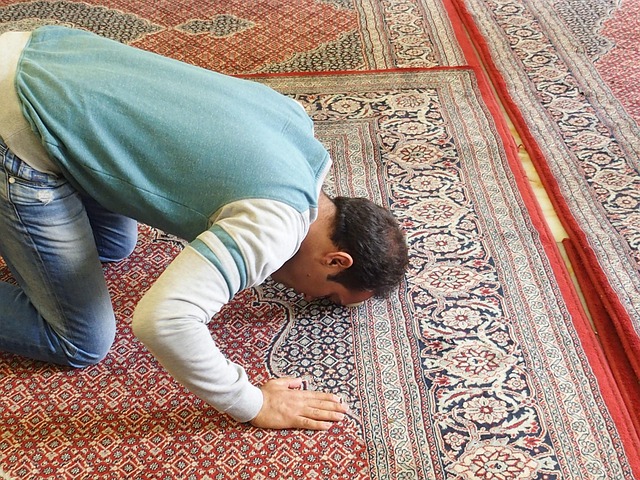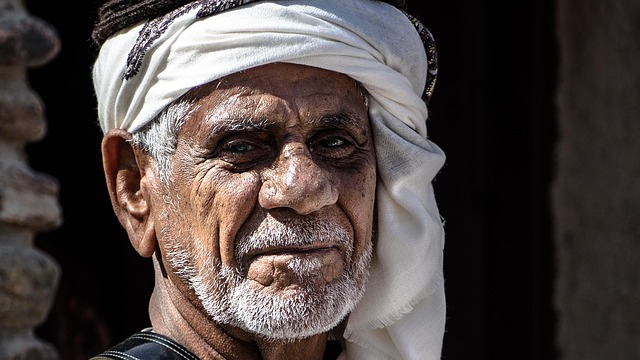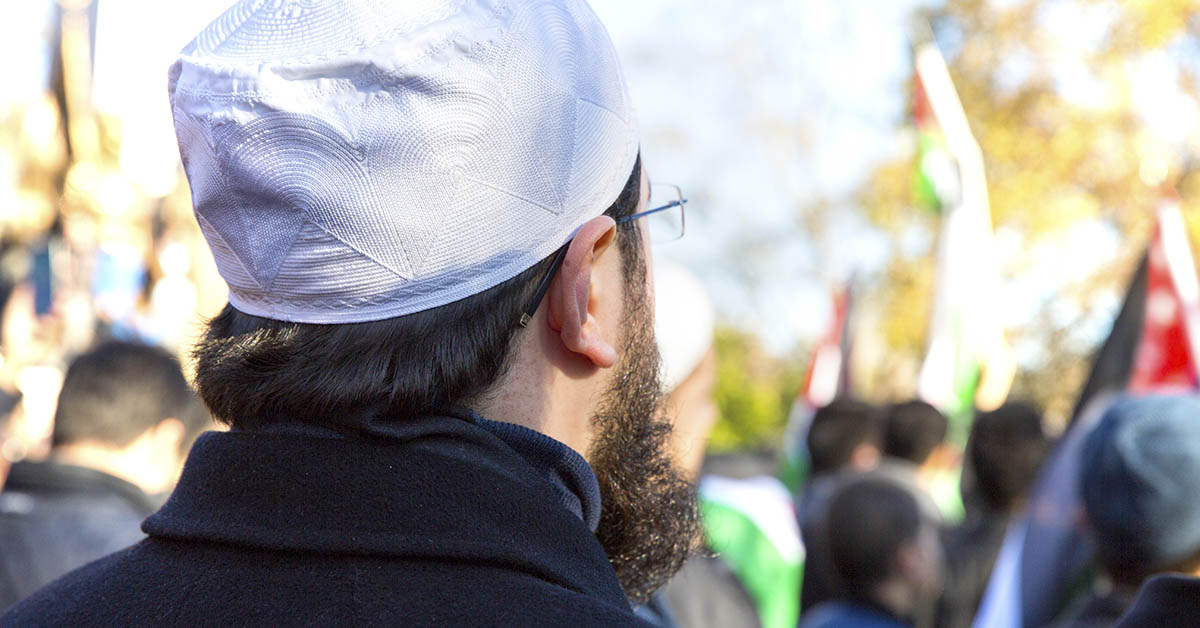A town in southeastern Spain has enacted a ban that prohibits religious gatherings from taking place at public sports centers, a move that has been criticized by the Spanish government. This is because the ban mostly affects the Muslim community of the town, who have used these centers to gather in celebration of religious holidays in recent years. Jumilla is a small rural town with a population of only 27,000 individuals, and the steps taken by its conservative country have sparked outrage. Spain’s government is left-wing and has stated that it considers this ban to be discriminatory and driven by Islamophobia. However, those on the right have praised it as being symbolic of upholding Spain’s Christian culture.
Islamophobia in a Small Christian Town

The government has not minced words on its feelings regarding the ban, with Elma Saiz, the Migration Minister, calling it “shameful.” She also stated that the local leaders of the town need to apologize to the Muslim members of the community and “take a step back”. Saiz added that “citizens who have been living for decades in our towns, in our cities, in our country, contributing and perfectly integrated without any problems of coexistence.”
According to a large Islamic association in Spain, the ban amounted to nothing less than “institutionalized Islamophobia.” Spain has been in the news quite regularly lately due to issues surrounding multiculturalism and immigration. In July, far-right groups clashed with migrants and local residents in the southern Murcia region. The clashes began after a senior citizen was attacked by individuals believed to be Moroccan. This drove far-right groups to attack the biggest migrant population in the area.
The Town’s Mayor Has Defended the Ban

Seve González, the mayor of Jumilla, has defended the ban, though. She told local newspapers that the ban was not intended to single out any specific group and that the town wanted to “promote cultural campaigns that defend our identity.” However, it was the far-right Vox party that first proposed the ban, and subsequently amended and approved by the Popular Party, the center-right party to which Seve González belongs. According to the measure, the sports facilities may only be used for athletic activities or events that local authorities have organized.
It went on to stress that under no circumstances could the facilities be used for “cultural, social or religious activities foreign to the City Council.” Yet, members of the muslim community, such as the secretary of the Union of Islamic Communities of Spain, Mohamed El Ghaidouni, have criticized the town’s leaders’ claims that these festivals are foreign to the identity of the town. He went on to say that the ban “clashes with the institutions of the Spanish state” that were created to protect religious freedom for all of those who live within the country.
The far-right group, Vox, on the other hand, made posts on X celebrating the ban, claiming that Spain will always be a Christian land. Santiago Abascal, the leader of the Vox party, wrote, “We must protect public spaces from practices foreign to our culture and our way of life. Spain is not Al Andalus.” That last sentence was a reference to the historic name for Islamic Spain, a time when Spain was ruled by Muslims for hundreds of years. This is why there is so much Islamic influence on both the landscape and language of Spain. Famous landmarks such as the Moorish Alhambra Palace were all built during this time.
The Bottom Line

Unfortunately, the issues of Islamophobia are far from being isolated incidents that only occur in small rural towns. While these current eruptions have centered around Spain, there are other European right-wing governments that are passing similar bans and laws. This has raised concerns for many people, and groups have noticed the dramatic increase in nationalism and religious intolerance. For example, Anna Maria Cisint, mayor of an Italian city called Monfalcone, banned prayers in the cultural center of the city. Situated in northeastern Italy, Monfalcone is a massive industrial port city. It also happens to be home to a very large number of Bangladeshi immigrants.
As can be assumed, this ban was directly targeted at the Bangladeshi community, and it resulted in protests that were supported by around 8,000 individuals. The Muslim community of the city has also moved to appeal the measure in a regional court. In the United States, conditions are not exactly ideal either. Donald Trump has a very large conservative base to appease, and the majority of them are right-wing Christians. Therefore, many of his policies will directly serve to keep them happy. However, critics of the current president have stated that his actions do nothing but erode the separation of church and state within the United States.
Read More: Trump Announces Sweeping Travel Bans and Restrictions on 19 Countries

